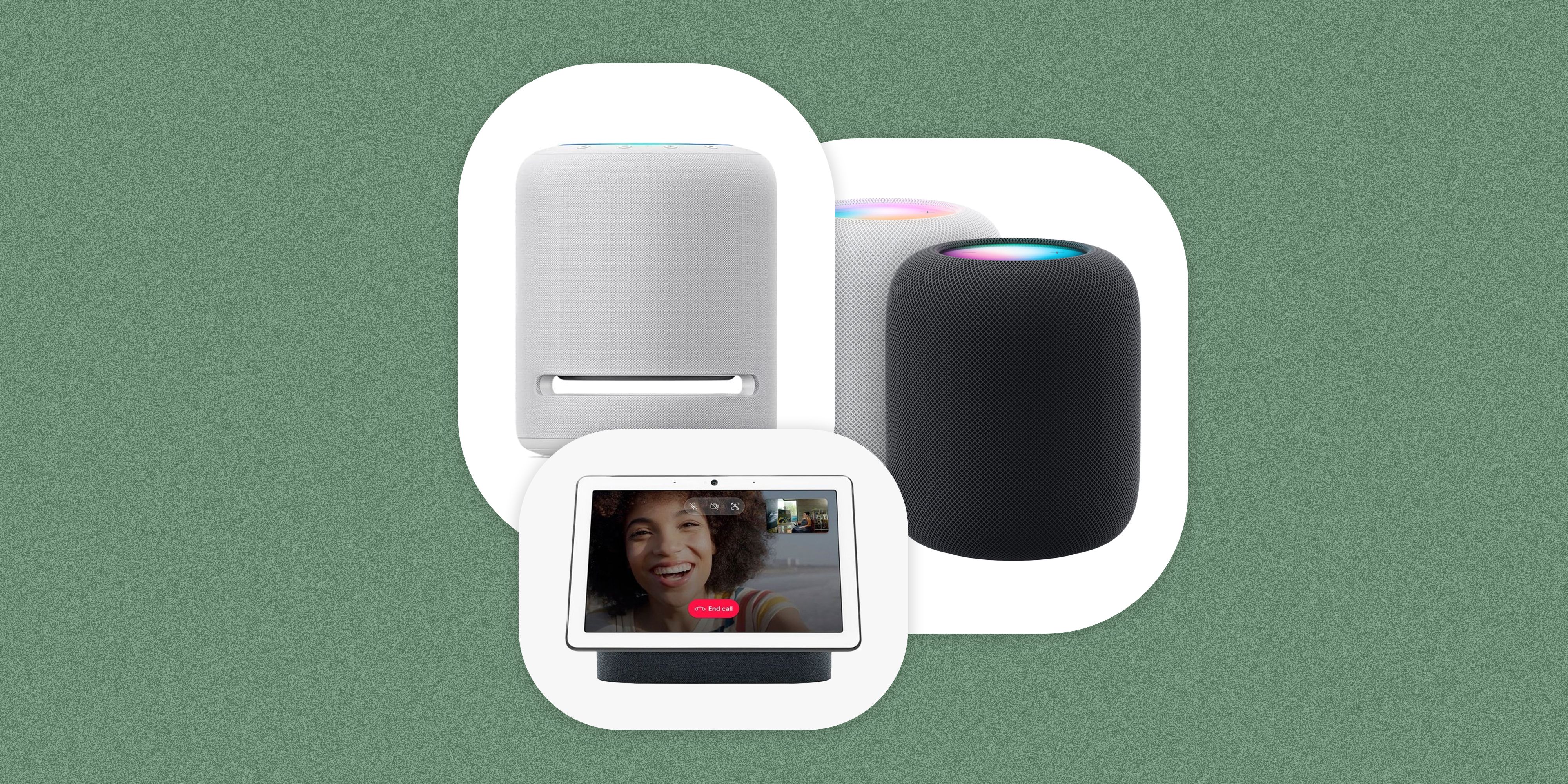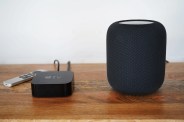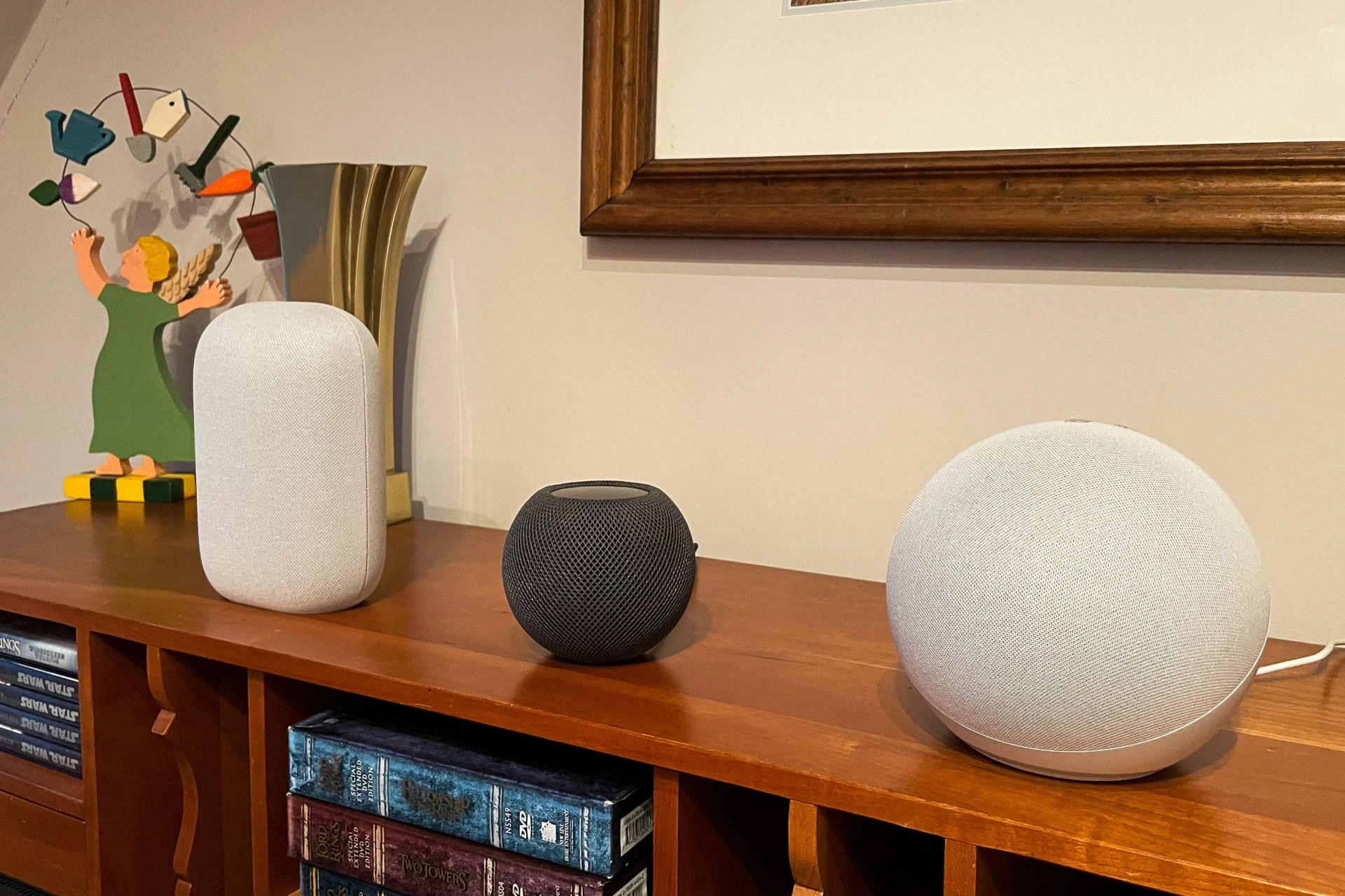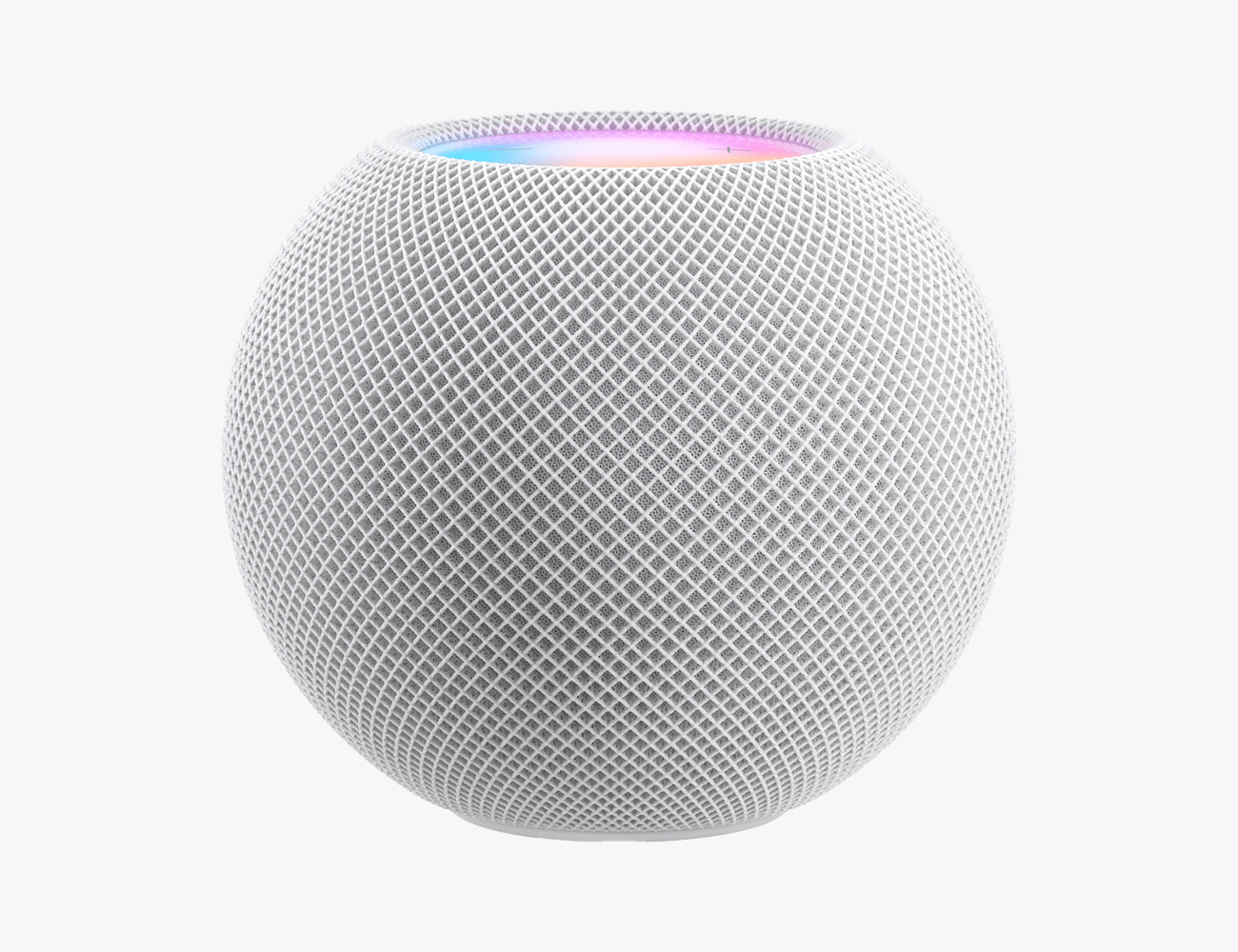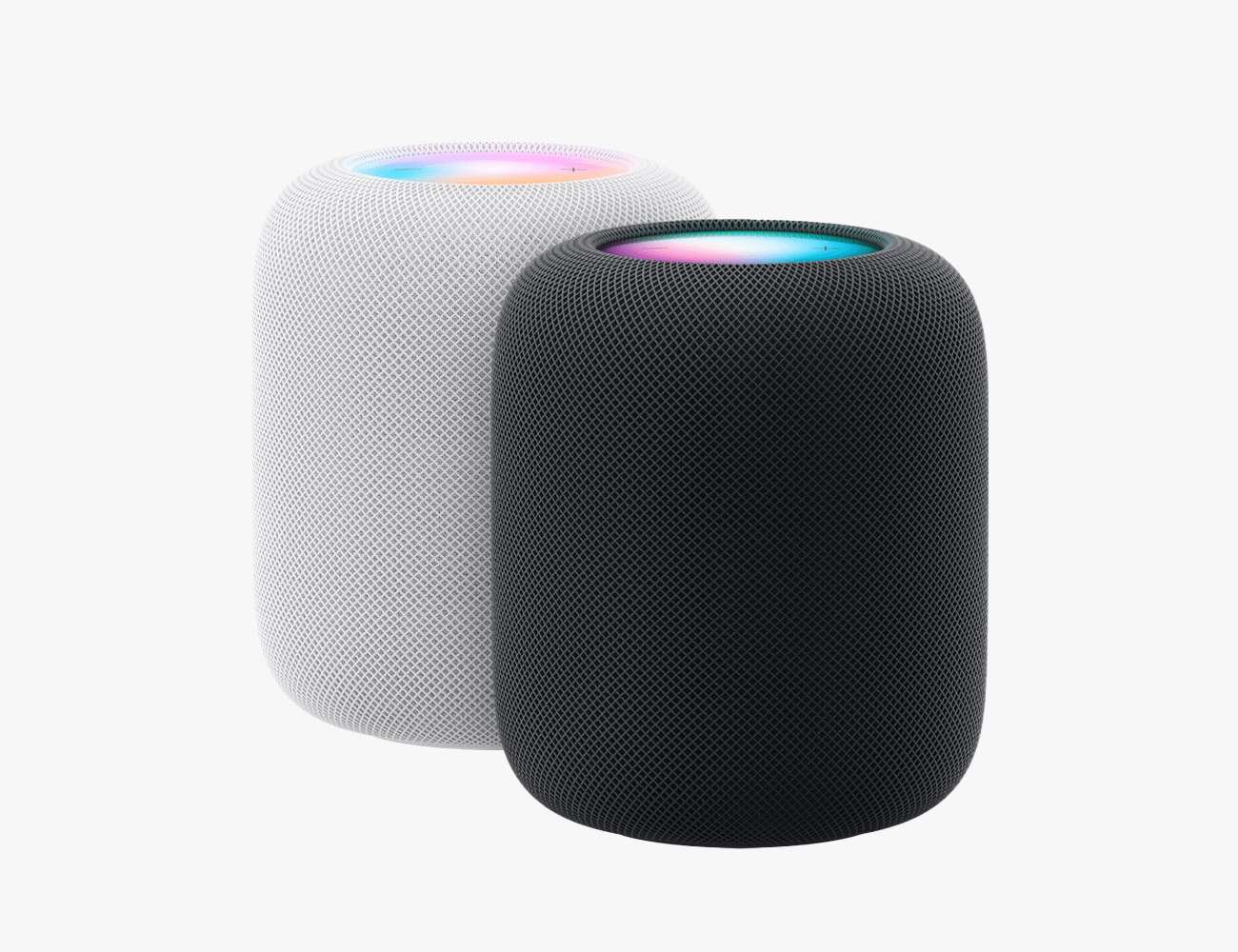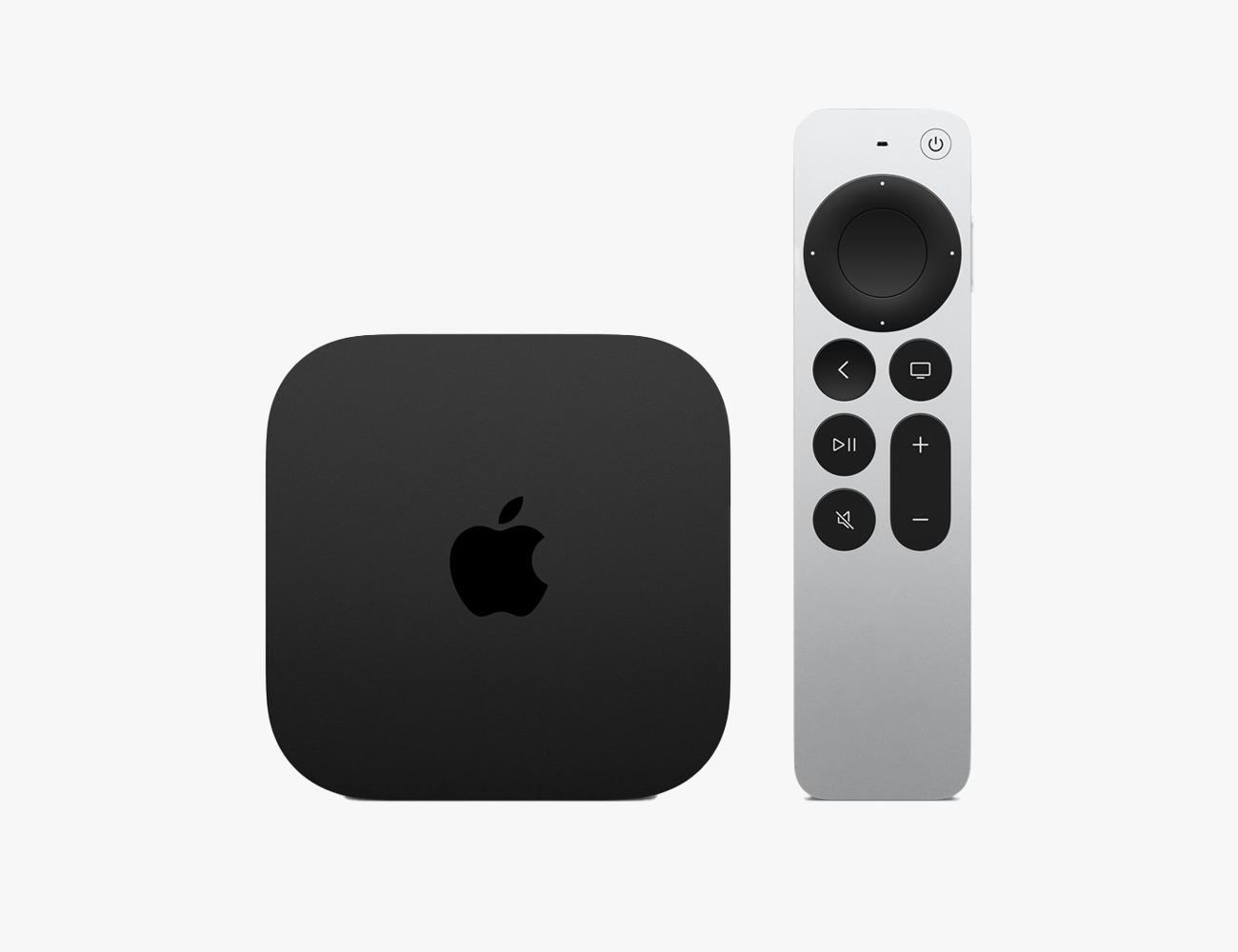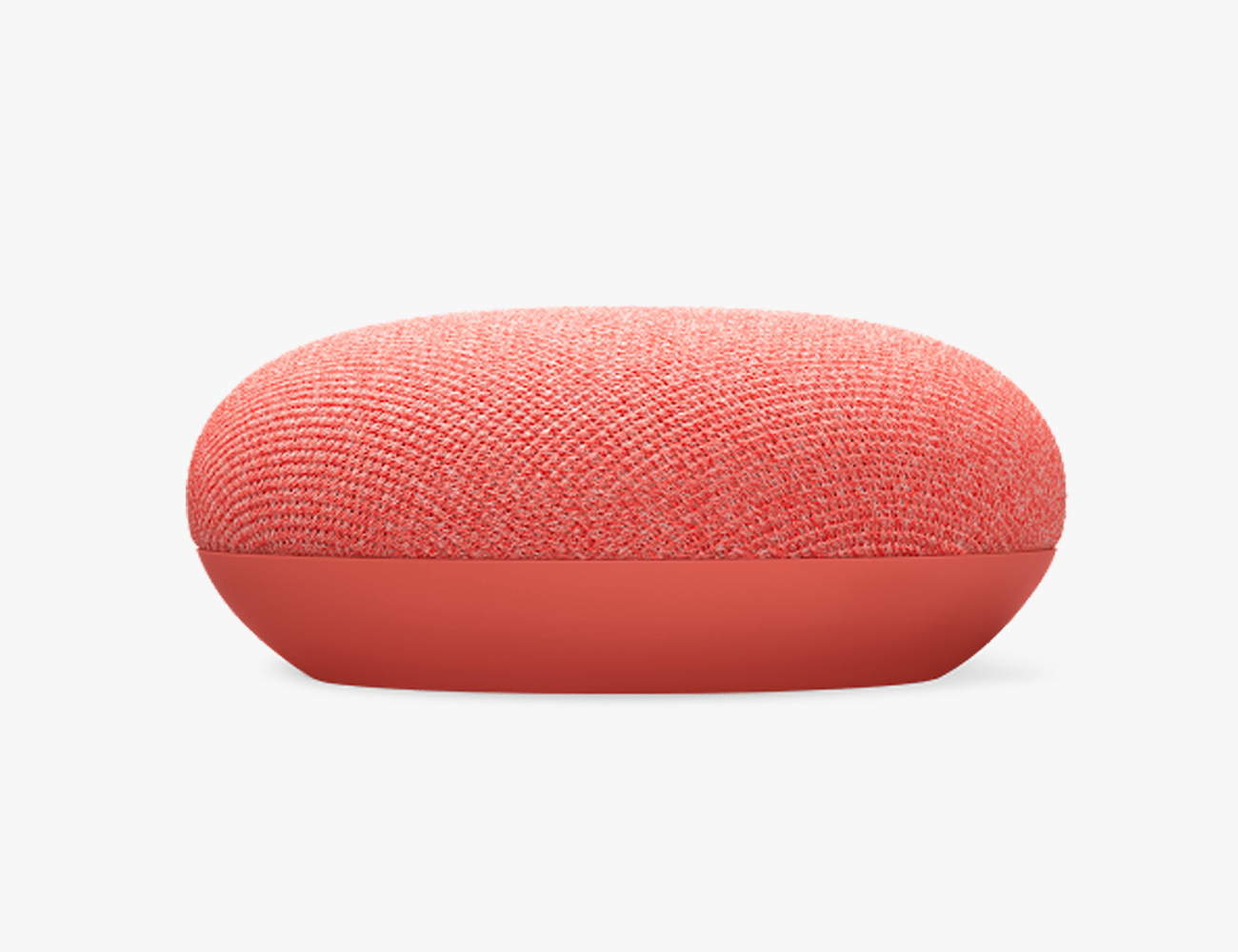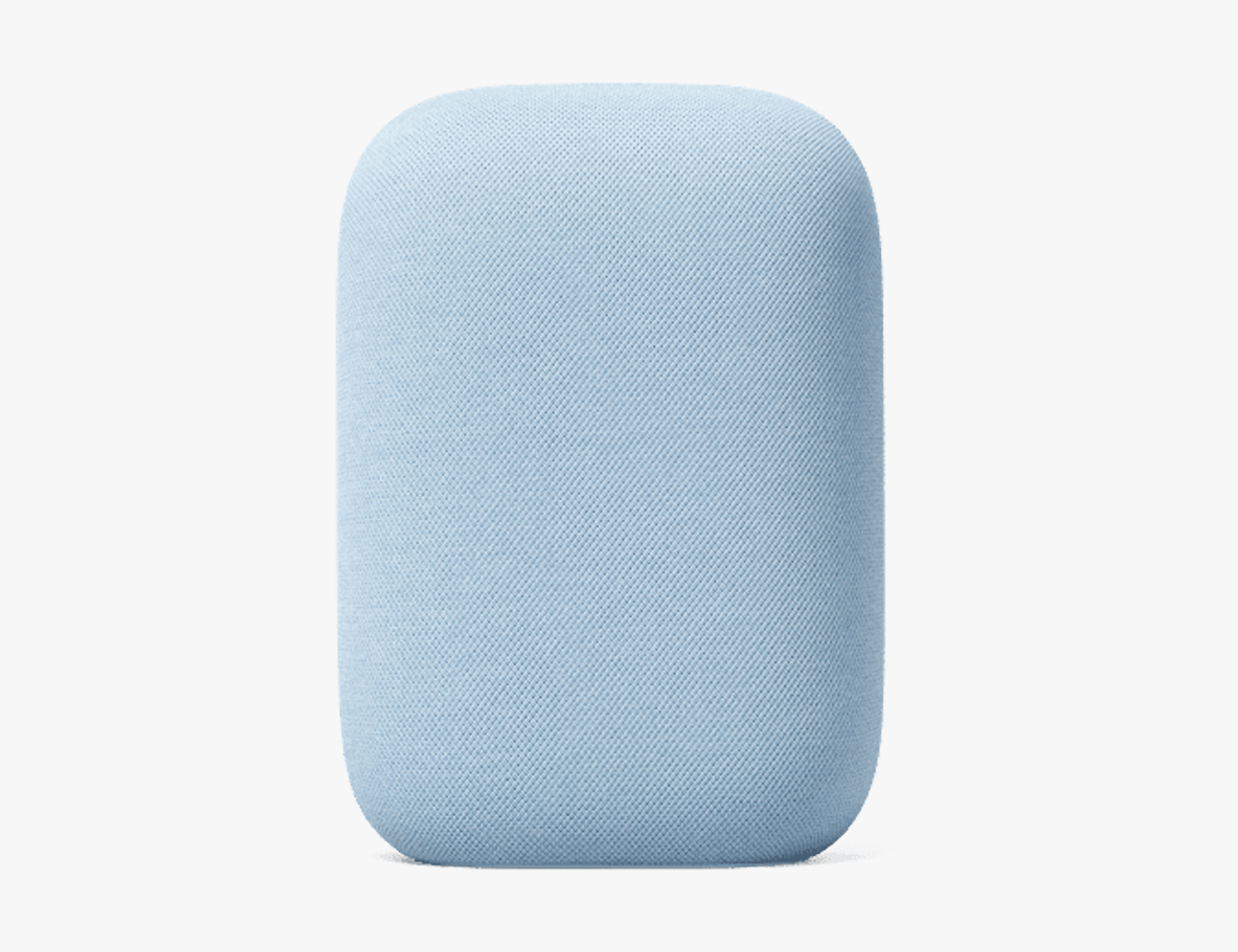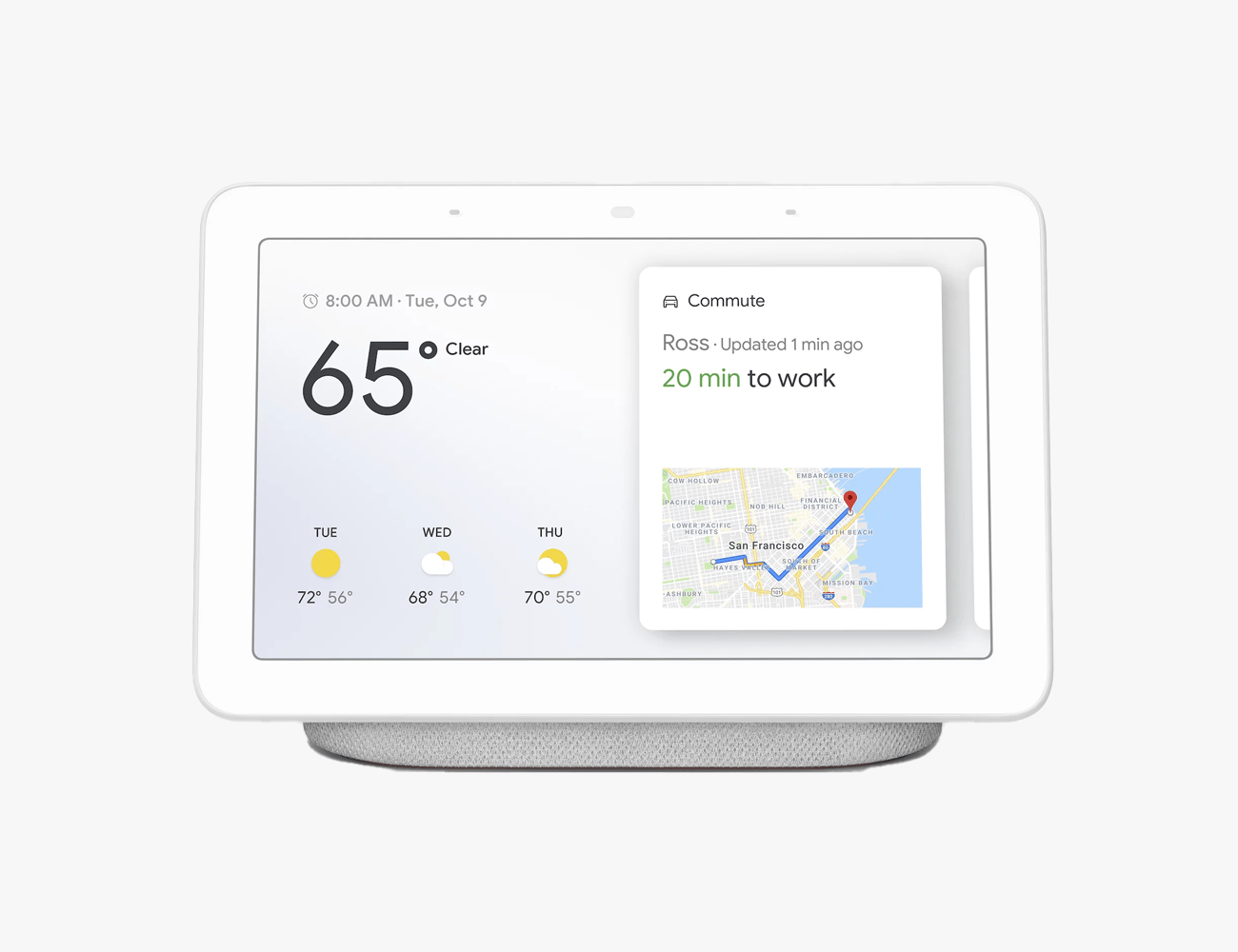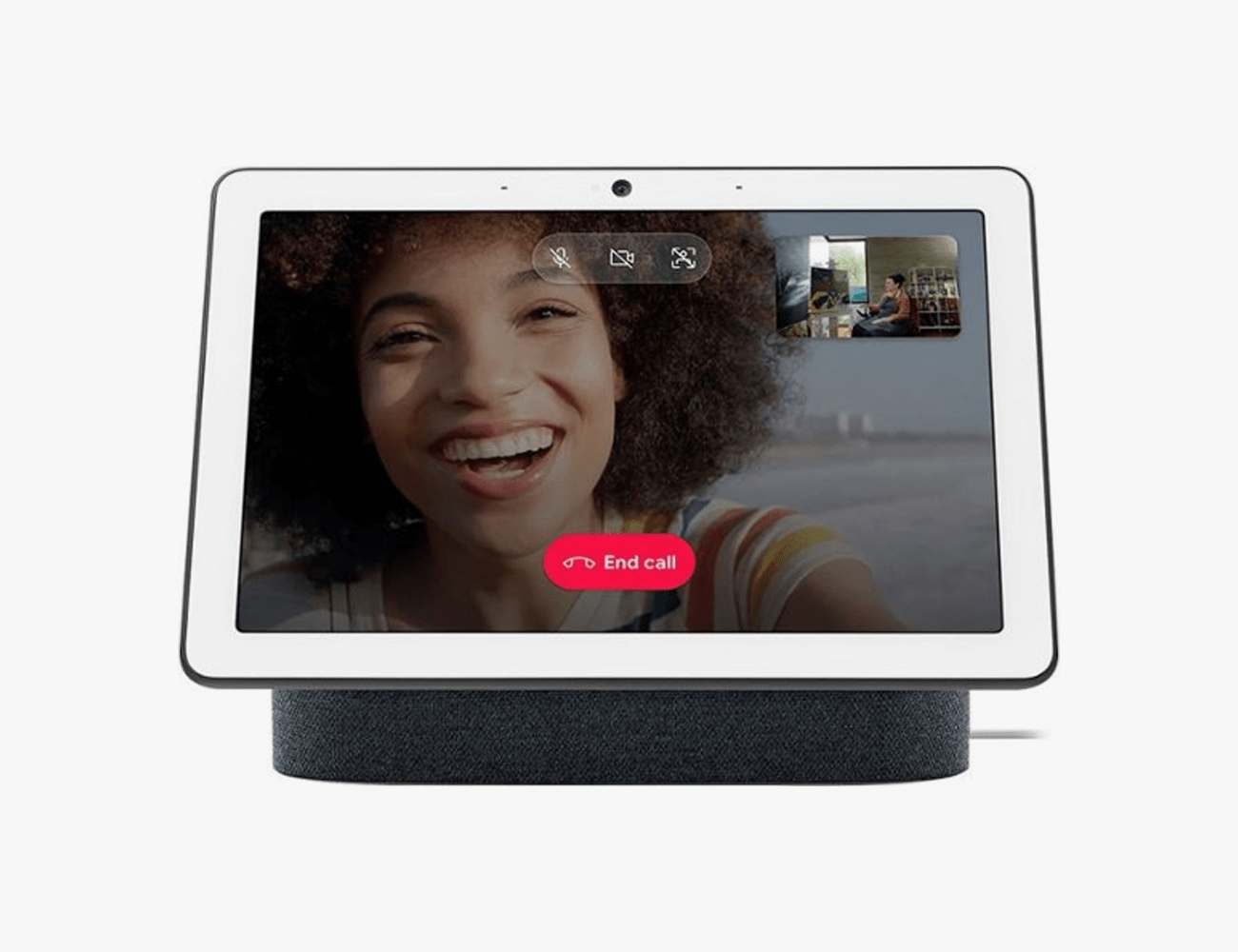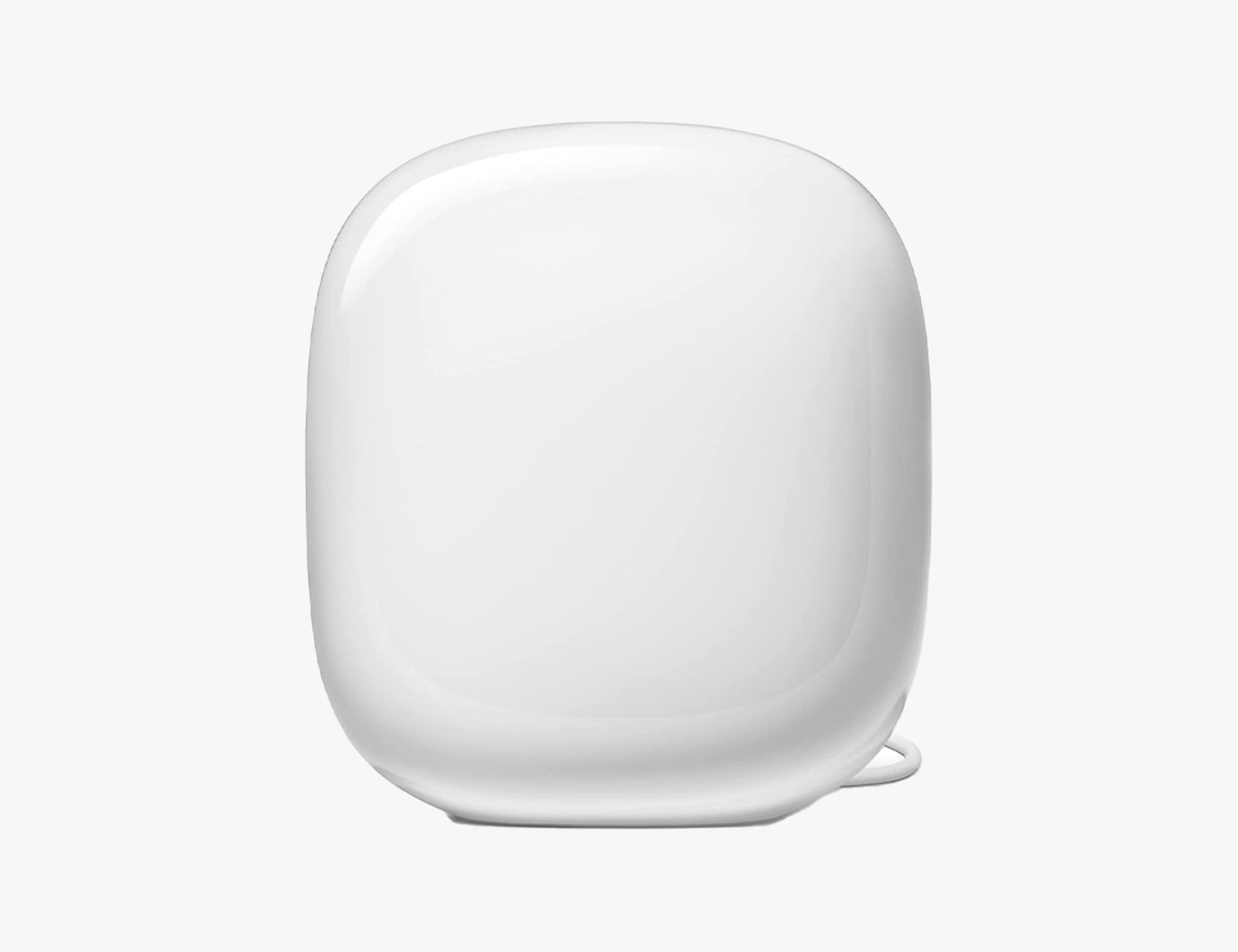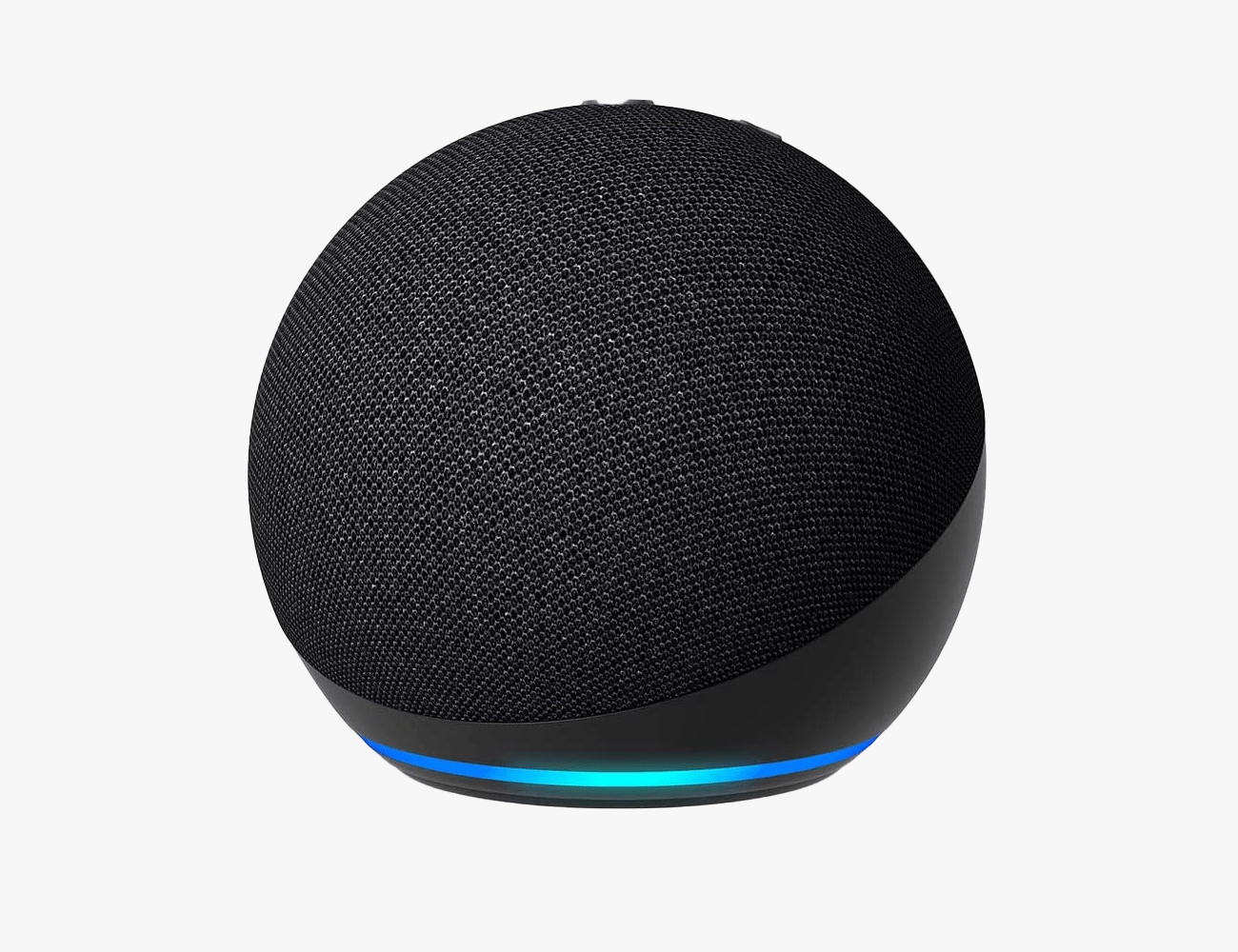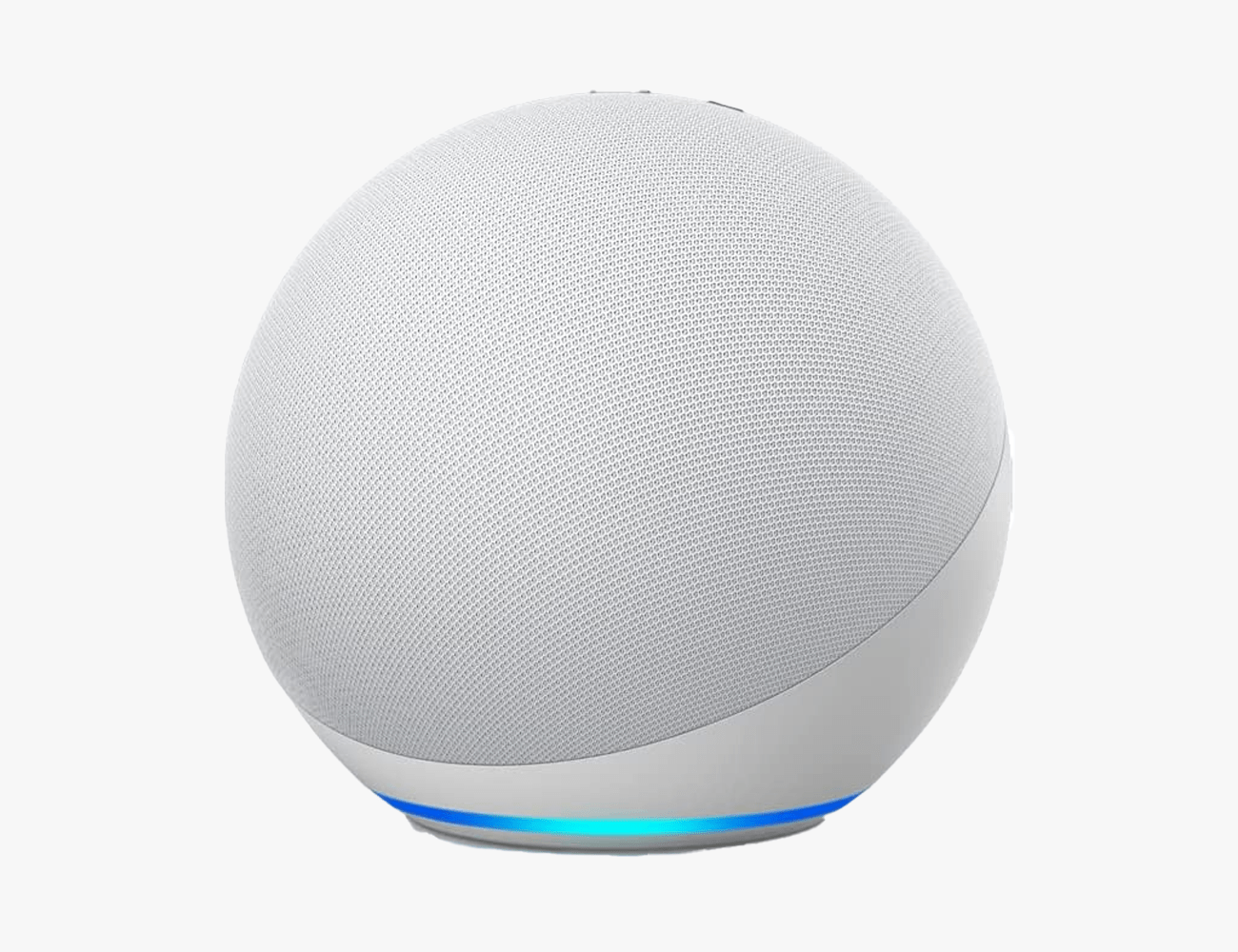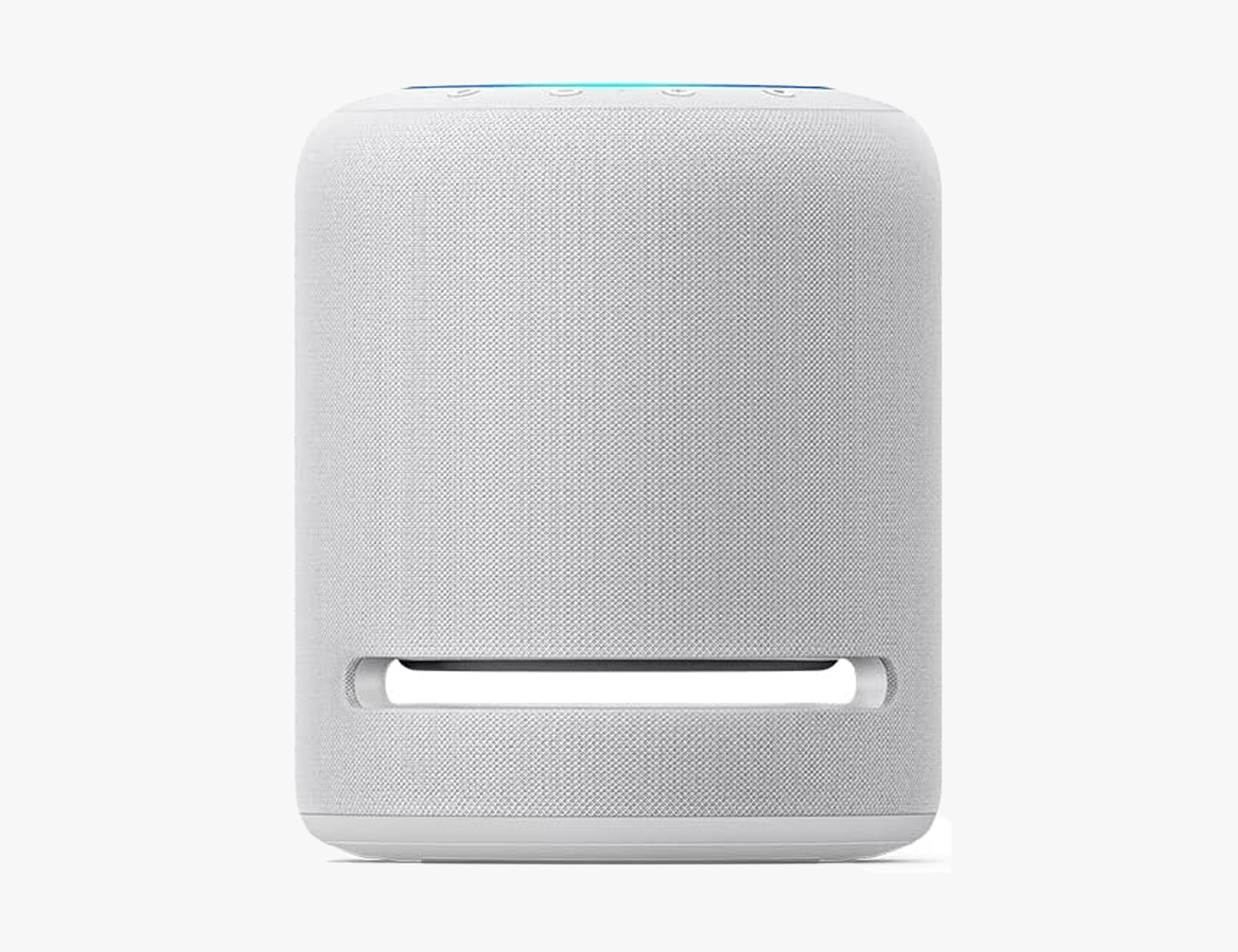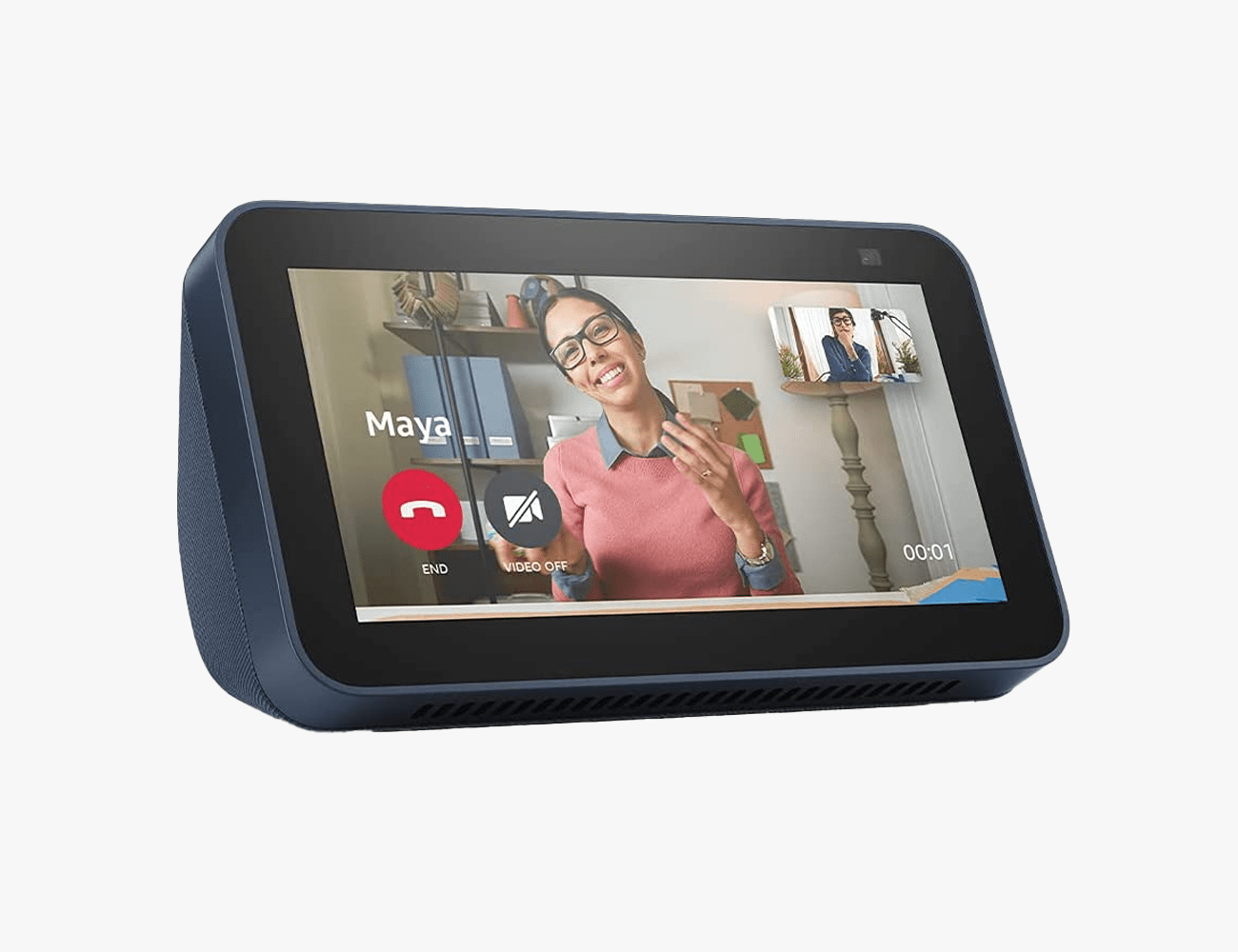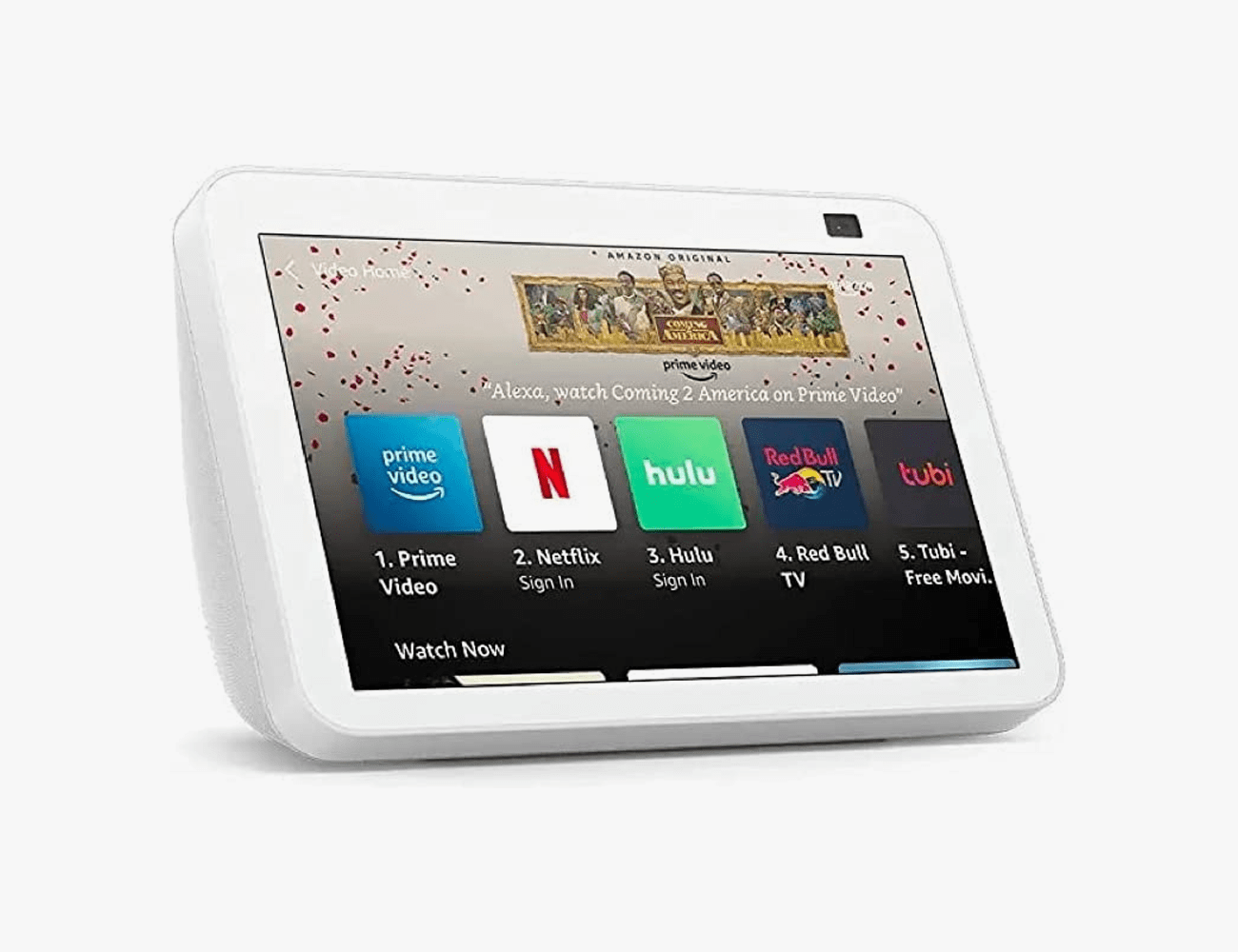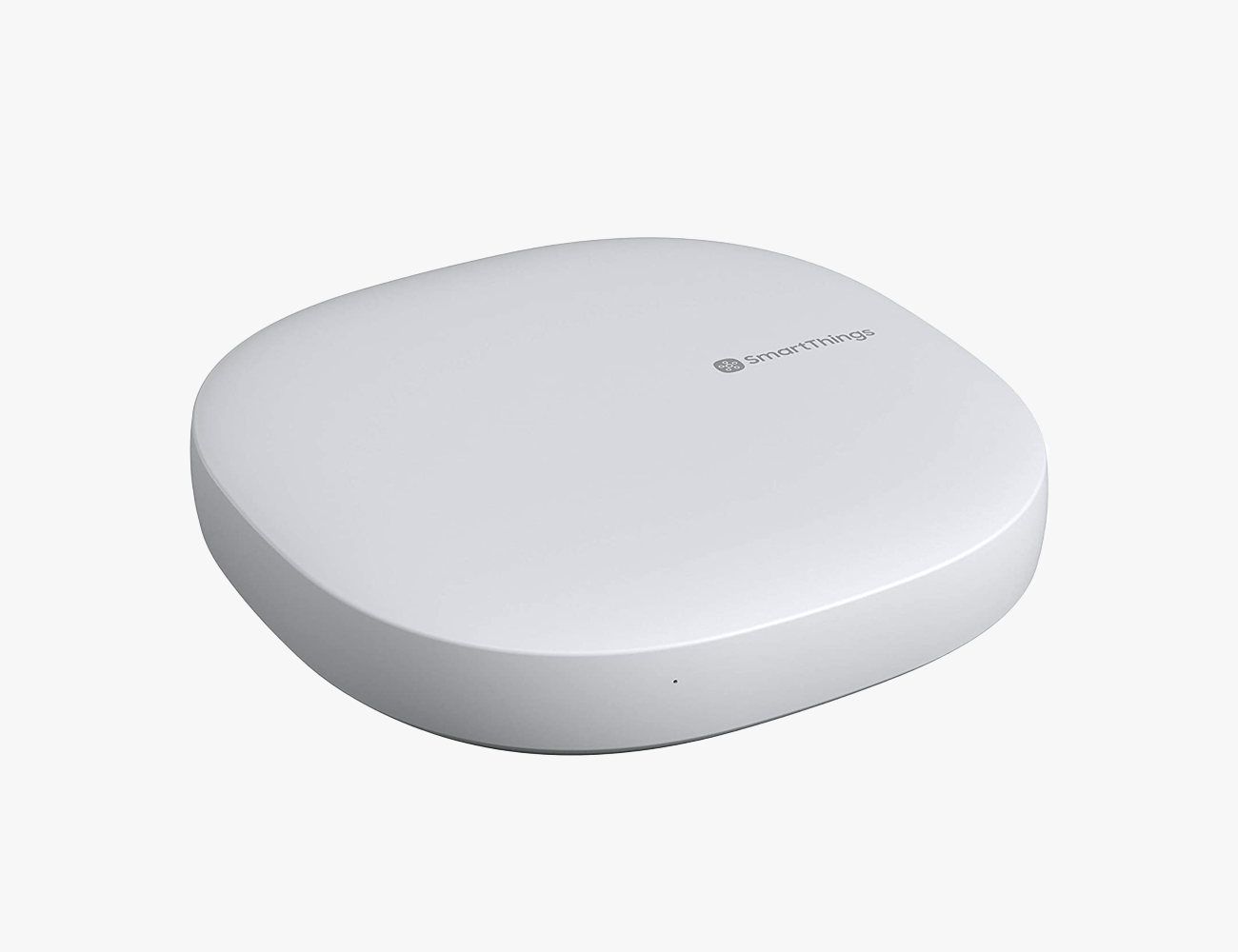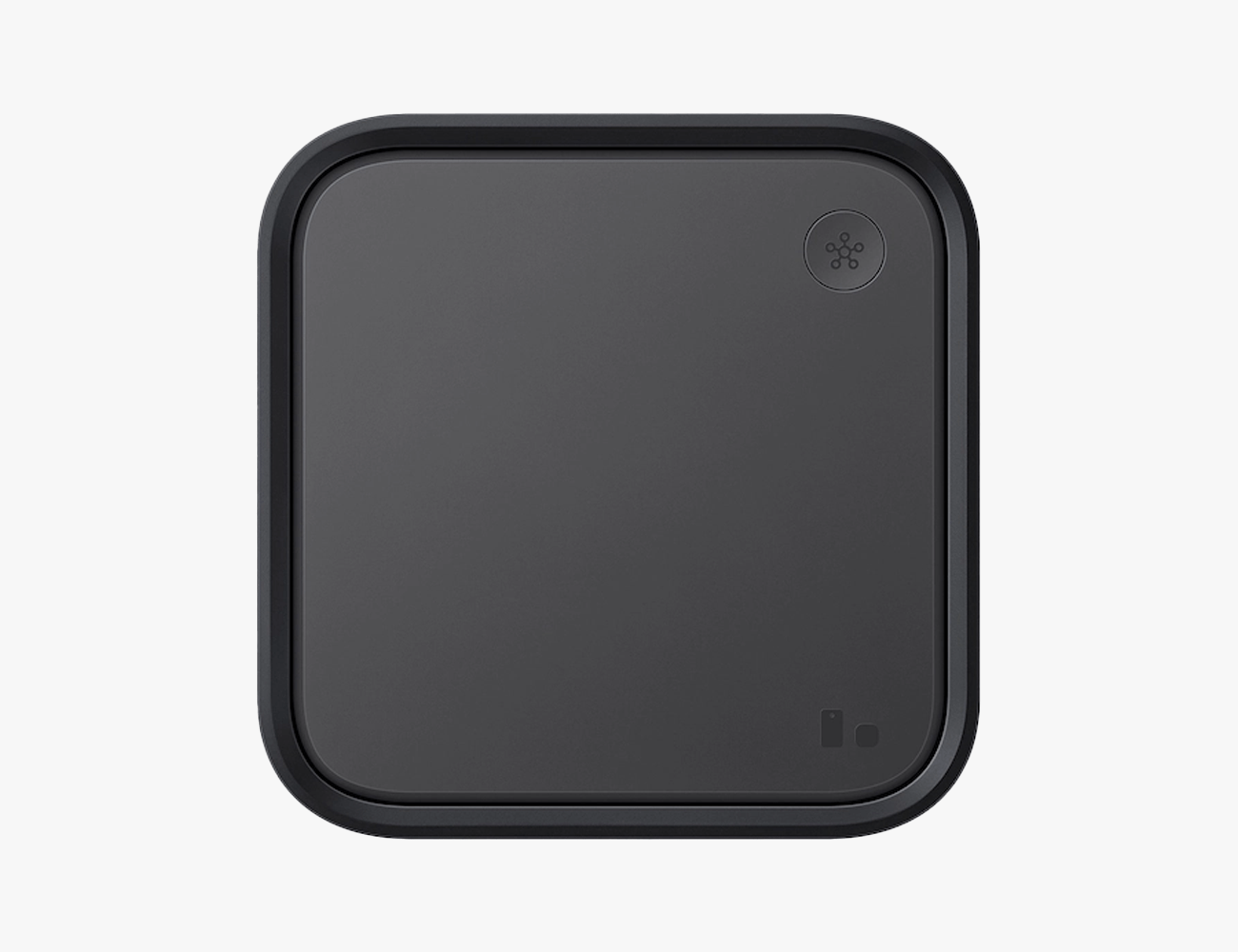Matter is a smart home connectivity standard that promises to drastically simplify the smart home experience. Instead of having to worry about if a smart light or smart plug is compatible with Apple’s HomeKit, Amazon’s Alexa, Samsung’s SmartThings or Google Home — you’ll just have to know if it’s compatible with Matter. Essentially, it’s the one smart ecosystem to unite them all.
If you have yet to hear about Matter, don’t worry — it was just officially launched in the fall of 2022. The good news is it’s backed by all the major smart home ecosystems (such as Apple, Amazon and Google), as well as basically every smart home device maker (like Philips Hue, Logitech, Eve, Eufy, Nanoleaf and others). So there are going to be a lot of smart devices that work with Matter in the very near future.
As of February 2023, all the major smart home ecosystems support and are integrated with Matter. The problem is the amount of smart home gadgets that support Matter — there aren’t that many. However, that’s poised to change rather quickly over the course of the next few months and definitely before the end of 2023.
How does Matter work?
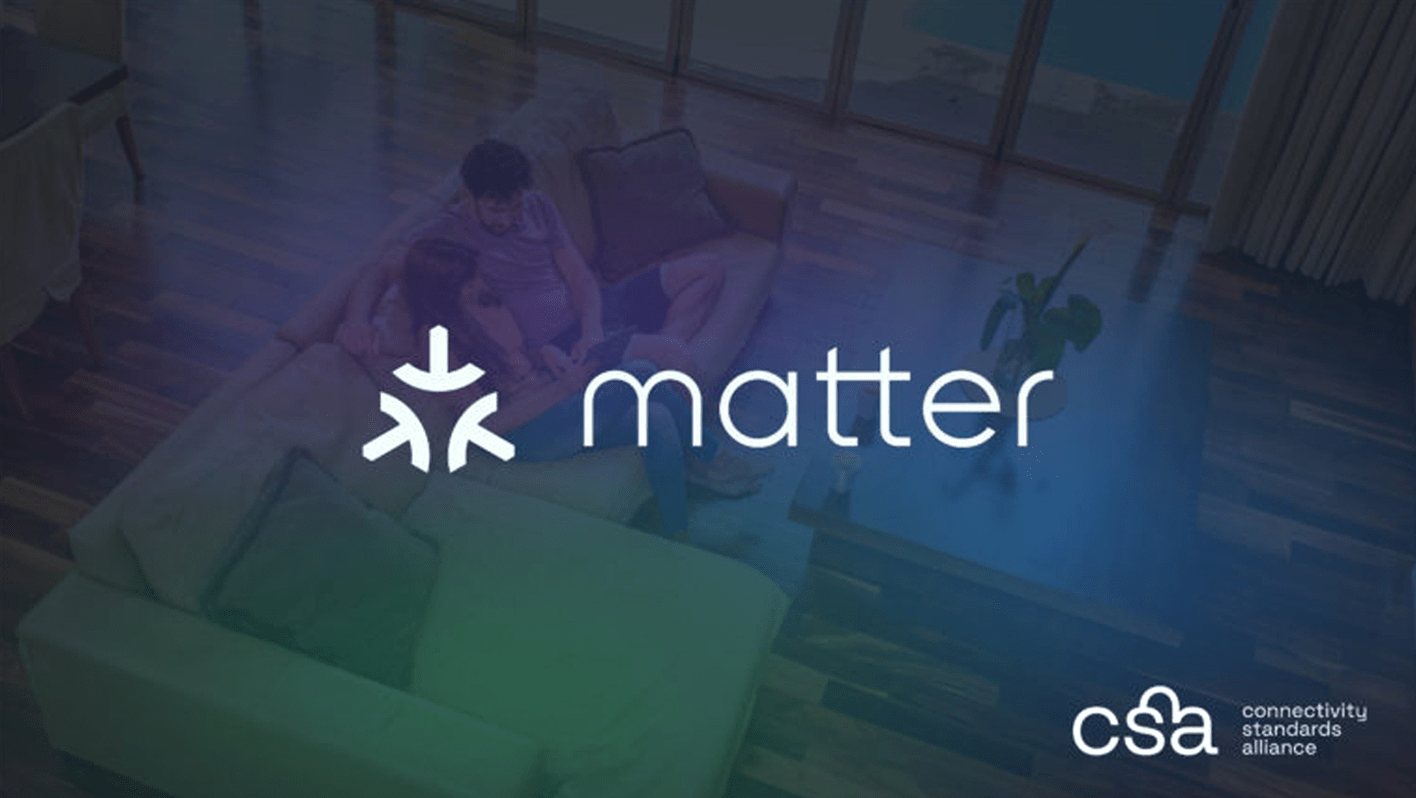 courtesy
courtesyMatter isn’t like most other smart home connectivity standards because it’s way more versatile. It’s able to connect and communicate with smart home devices over Wi-Fi, Ethernet, Bluetooth LE as well as Thread, a low-power mesh networking standard (similar to Zigbee or Z-Wave).
Matter will connect to less demanding smart home devices like smart plugs and smart lights over Thread (or whatever other low-bandwidth standard that device uses) and to more demanding devices like smart TVs and smart home cameras over faster standards like Wi-Fi. It will then connect and allow them all to communicate with each other. That’s the premise anyway.
